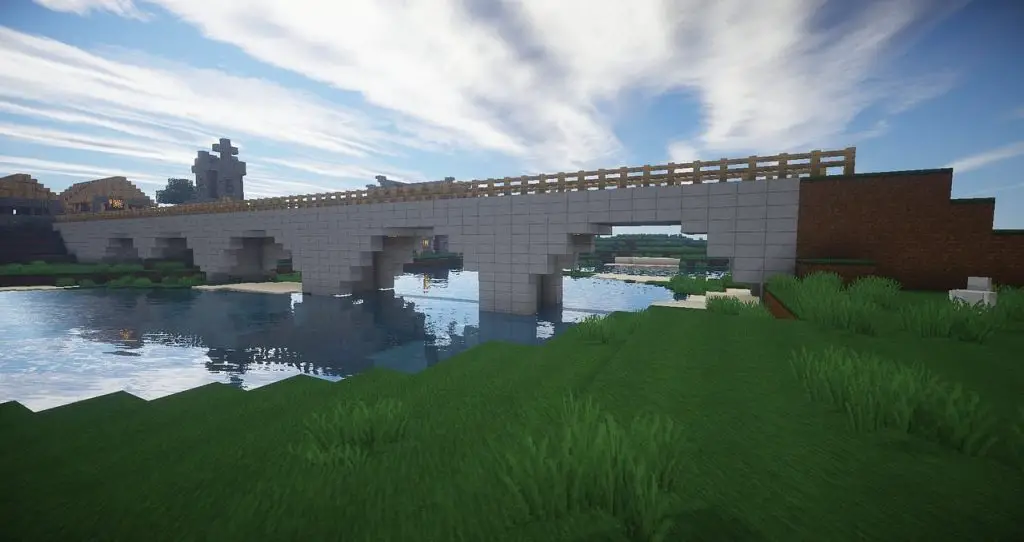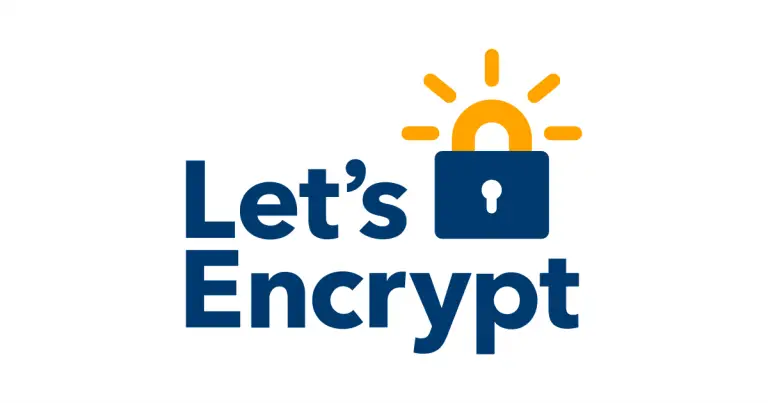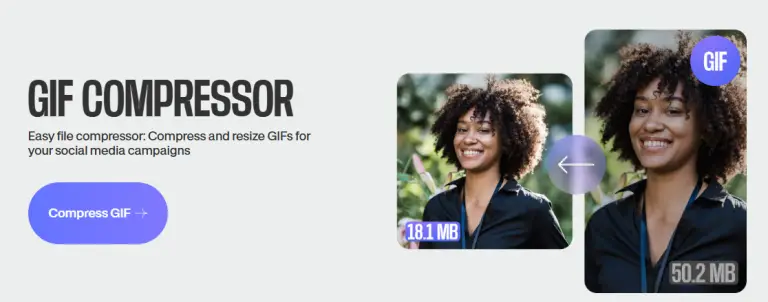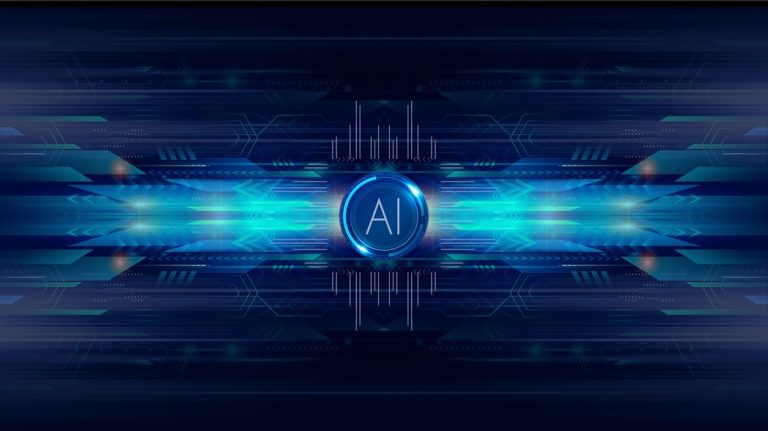
Minecraft is currently one of the most renowned sandbox games in existence. It requires a one-time purchase across all platforms before gameplay can begin; however, its pricing remains relatively modest and accessible.
During the inaugural Minecraft Live event of 2025, Mojang, a Microsoft-owned studio and the developer of the game, showcased upcoming graphical enhancements and teased future updates. Another edition of Minecraft Live is scheduled to take place later this year.
As a title that has been on the market for nearly sixteen years, many players have begun to wonder whether a sequel—Minecraft 2—might be in the works. In an interview with IGN, the game’s producer dispelled such speculation, affirming that Microsoft and Mojang will remain committed to supporting the most successful game ever created.
Nonetheless, the producer acknowledged the concerns of the community. Compared to most contemporary titles, Minecraft is undeniably dated—built upon a fifteen-year-old platform with equally aged technology. In many ways, this legacy architecture has hindered the pace of development and innovation.
Were Mojang to adopt a modern game engine, as many studios have done, the game could run more efficiently, offer a more refined user experience, and accelerate its update cycle. Yet, at present, the idea of dismantling and rebuilding the game from scratch appears impractical.
Typically, games with such longevity transition to a free-to-play model supplemented by in-game purchases as a means of sustaining revenue. However, Mojang has expressly rejected this approach and has no intention of releasing a free version of Minecraft.
According to the game’s producer, Minecraft was created with a distinct philosophy—one incompatible with the free-to-play, microtransaction-driven model. For Mojang, the purchase is a complete experience. Their priority lies in making the game as widely accessible as possible, believing that universal access reflects the very essence of Minecraft’s value.
Thus, for the foreseeable future, Microsoft and Mojang will continue to evolve and expand Minecraft, with no plans to develop a sequel, release a free version, or adopt alternative monetization strategies.


